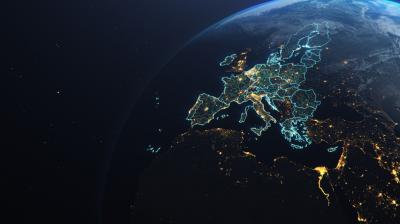NATO’s Madrid Summit and the consequences for the Netherlands
This analysis was originally published in Atlantisch Perspectief, the journal of the Netherlands Atlantic Association.
The Madrid Summit was a success in showing the Alliance’s unity under firm US leadership, sending the right message to Moscow, four months after Russia invaded Ukraine. Dick Zandee and Renze de Keiser assess which consequences the Madrid Summit may have for the Netherlands in terms of adapting its armed forces as well as for implementing its ‘and-and’ policy of investing in NATO and the EU for ensuring Europe’s security.
At the end of June this year, NATO showed its best face at the Madrid Summit: the image of unity and resolve in response to the Russian invasion and ongoing war in Ukraine. In response to the most critical security crisis in Europe since the end of the Cold War, a new Strategic Concept was agreed upon. Naturally, most initial comments focused on the language used towards Russia and China as well as on the issue of Swedish and Finnish NATO membership. This article analyzes the impact of the Madrid Summit on the Alliance’s deterrence and defense posture, but also on the challenges posed by hybrid threats. The authors assess what consequences the Madrid Summit may have for the Netherlands in terms of adapting its armed forces as well as for implementing its ‘and-and’ policy of investing in NATO and the EU for ensuring Europe’s security.
Read the full article on NATO’s Madrid Summit.







